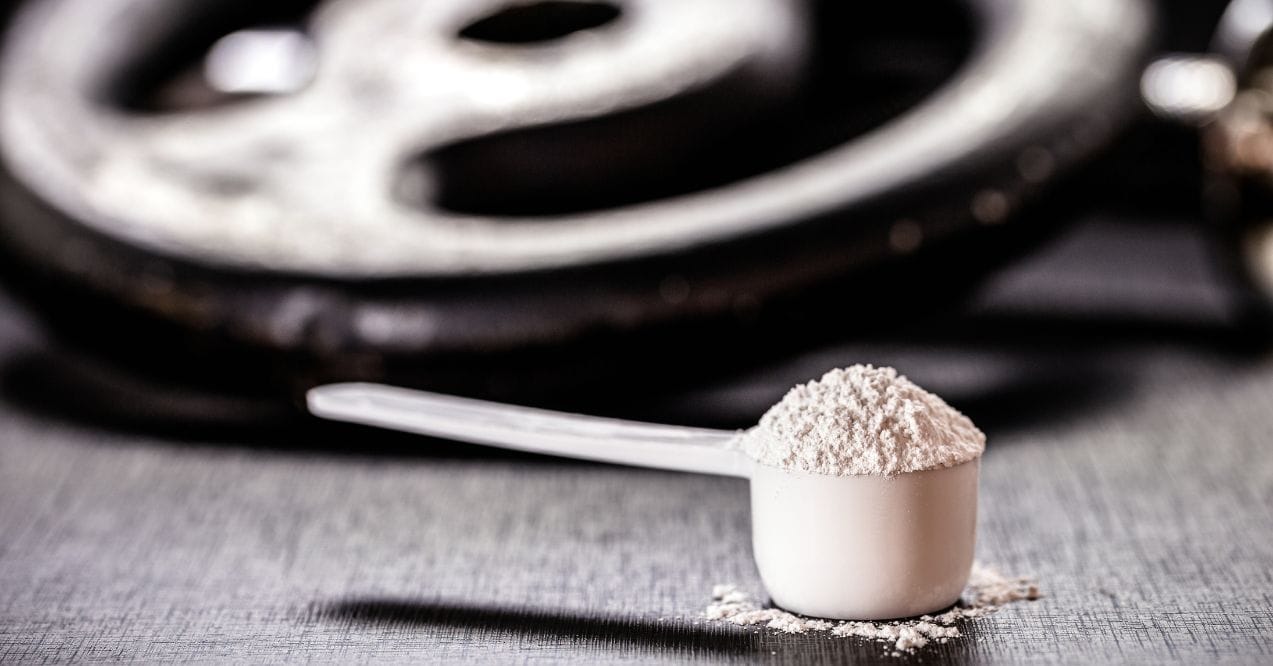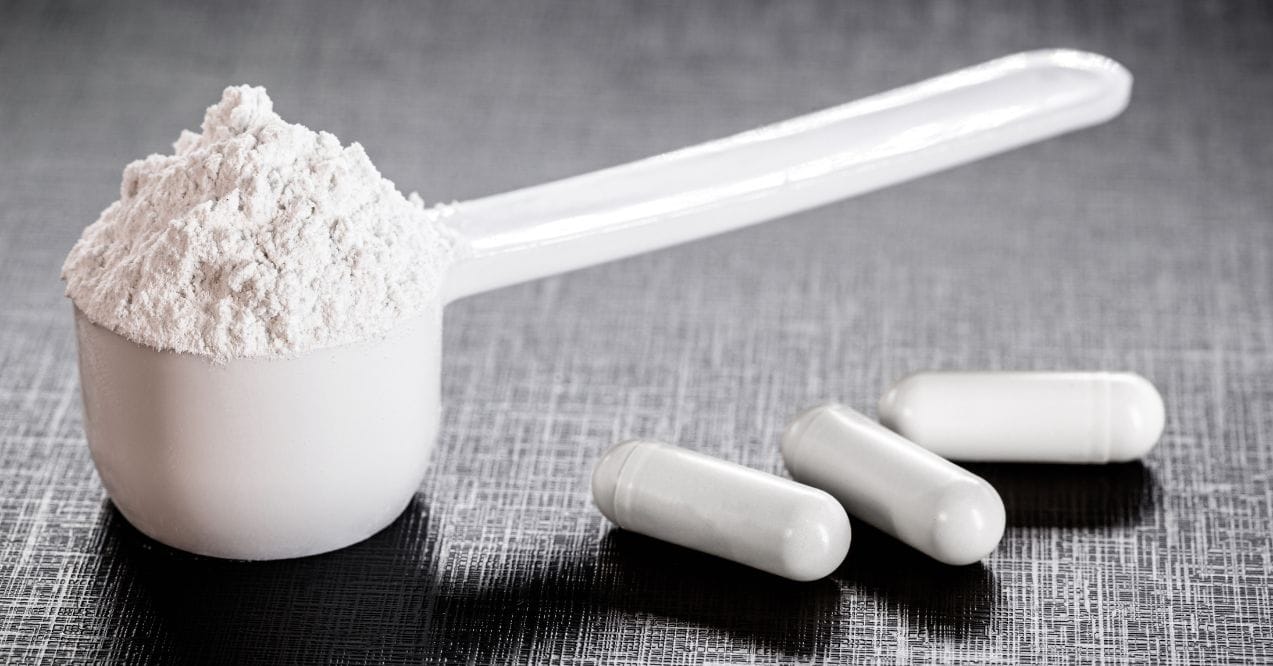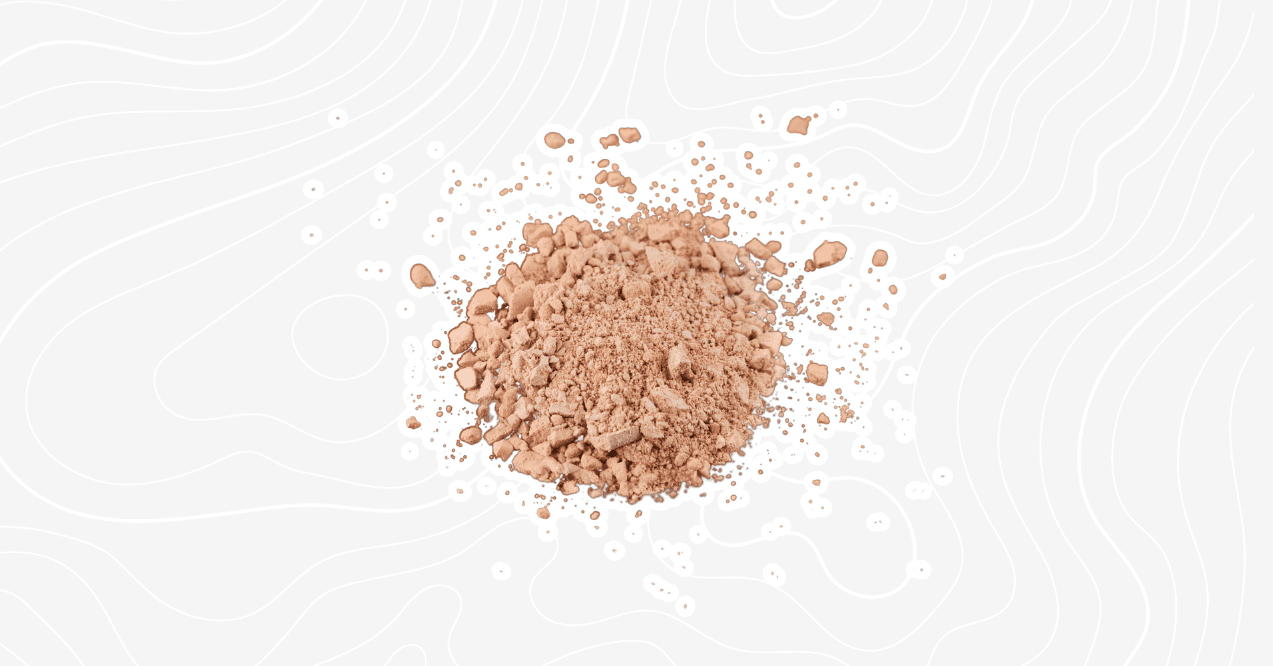How Much Water to Drink With Creatine?
Wondering how much water to drink with creatine? You’re not alone. Creatine is a powerhouse supplement in the fitness world, known for boosting muscle growth, strength, and overall athletic performance. But with great power comes great responsibility – in this case, the responsibility to stay properly hydrated.
Many gym-goers and athletes use creatine but often have questions about hydration. For example, some people wonder, does creatine have calories? It’s one of those questions that’s easy to overlook but worth considering as part of your overall supplement strategy.
This article dives into the whys and hows of staying hydrated while taking creatine, ensuring you get the most out of this potent supplement without any unwanted side effects.

Why Drink Water with Creatine?
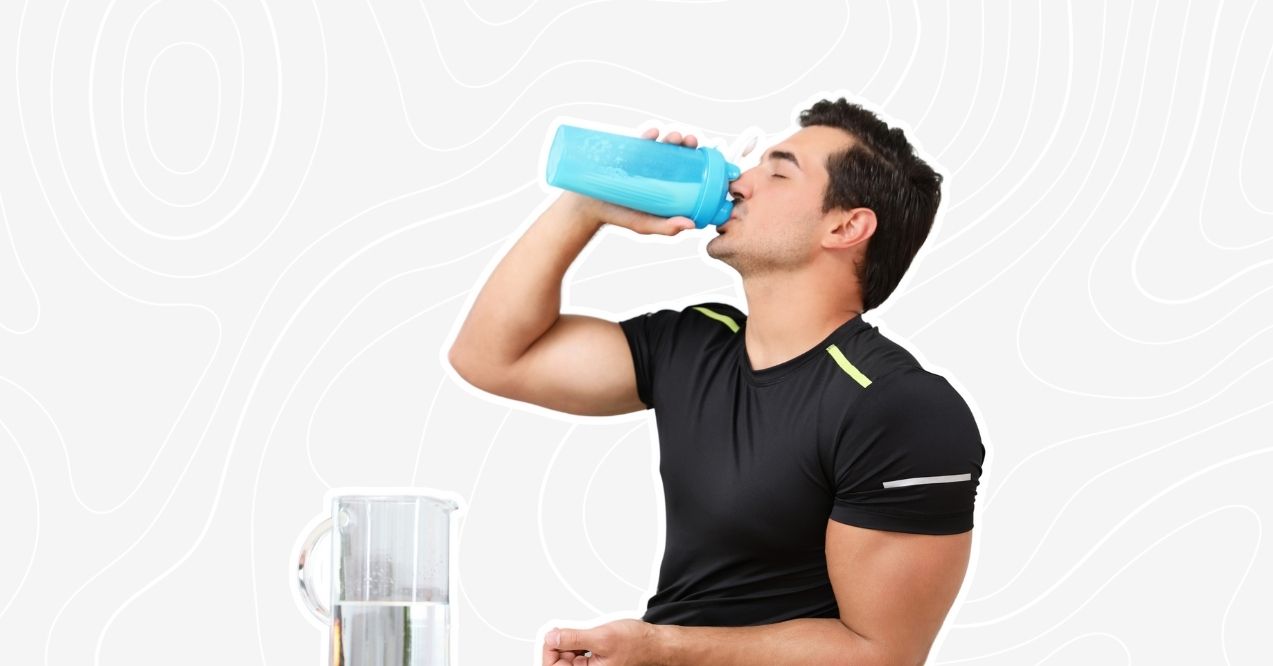
Creatine and hydration go hand in hand and here is why:
- Creatine draws water into your muscle cells, which can lead to increased muscle volume and pentially improved performance.
- Adequate hydration supports the transport and absorption of creatine in your body.
- Water helps your body process and utilize creatine more effectively.
- Staying hydrated while taking creatine may help minimize potential side effects like cramping or bloating.
You might also be wondering: does creatine break a fast? The short answer is no, it doesn’t impact fasting or metabolic states significantly.
How Much Water to Drink With Creatine? Experts Answer
When it comes to how much water to drink with creatine, experts have some general guidelines. Individual water needs may vary, here’s what the research suggests:
- General recommendation – An additional 1-2 liters (about 34-68 ounces) of water per day when you do intense training.
- Body weight consideration – Some experts recommend drinking an extra 100-150 ml of water per kilogram of body weight daily.
- Environmental factors – Hot or humid conditions might necessitate increased water intake.
For those looking to optimize their creatine supplementation, products like Trumeta Creatine offer a high-quality option. Creatine is a natural compound found in the body, especially in the brain and muscles. Whether you’re hitting the gym, need to go the distance, or want to stay dialed in all day, creatine may help you do that.

Trumeta Creatine contains creatine that supports:
- Focus and memory for improved productivity
- Muscle recovery from workouts
- Mental response to stress
Not all creatine is created equal. Trumeta Creatine contains only 100% Creapure®. This means you may operate at peak performance at work and at play, all day, every day!
Does Creatine Cause Water Retention?
Here’s what you need to know:
- Creatine draws water into muscle cells, which can lead to a slight increase in body weight.
- This water retention is primarily intracellular (inside the muscle cells), not subcutaneous (under the skin).
- The “pump” or fuller look many experience when taking creatine is due to this increased muscle cell hydration.
- This water retention is generally considered beneficial for muscle growth and performance.
Another common question among creatine users is: does creatine make you bloated? While creatine does cause some water retention, it’s not the same as feeling bloated.
What Happens If I Don’t Drink Enough Water While Taking Creatine?
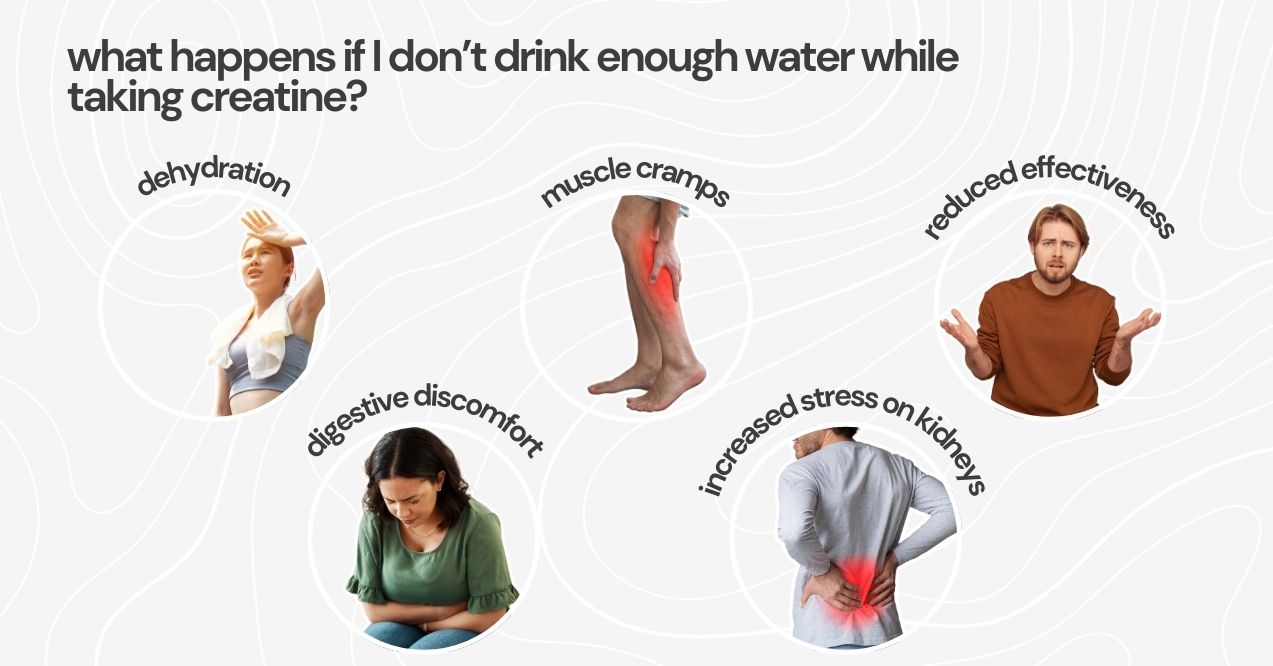
Failing to drink enough water while taking creatine can lead to several unwanted effects:
- Dehydration – Creatine’s water-drawing effect can lead to dehydration if not balanced with adequate water intake.
- Muscle cramps – Insufficient hydration may increase the risk of muscle cramps during exercise.
- Reduced effectiveness – Without proper hydration, your body may not fully utilize the creatine you’re taking.
- Digestive discomfort – Some people may experience stomach upset or bloating if creatine is not taken with enough water.
- Increased stress on kidneys – While creatine is generally safe, inadequate hydration could potentially strain the kidneys.
Tips to Stay Hydrated While Taking Creatine
Practical Hydration Strategies
Staying hydrated while taking creatine can be easy with some practical strategies:
- Carry a water bottle for constant access
- Set reminders on your devices
- Flavor your water with natural ingredients like lemon or cucumber
- Track your intake using an app or journal
- Pay extra attention to hydration around workout times
Make it a habit by:
- Starting your day with water
- Drinking a glass with each meal
- Sipping water between meals
- Replacing sugary drinks with water
- Investing in a quality water filter to improve taste
- Trying sparkling water for variety
These simple tips can help ensure you’re getting enough water to support your creatine supplementation and overall health.
Hydrating Foods to Include in Your Diet
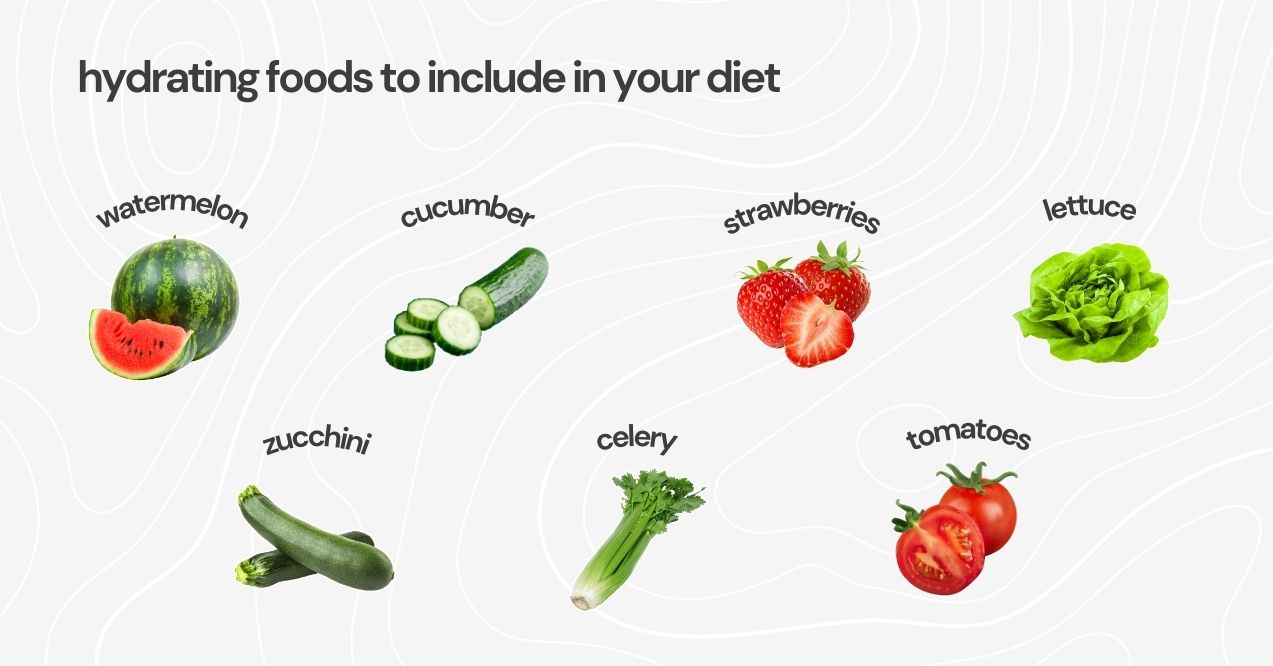
Boost your hydration efforts by incorporating these water-rich foods into your diet:
- Watermelon (92% water) – Try a refreshing watermelon and feta salad
- Cucumber (95% water) – Make a cool tzatziki dip or add to your water for flavor
- Strawberries (91% water) – Blend into a smoothie or top your morning oatmeal
- Lettuce (95% water) – Use as a wrap for sandwiches instead of bread
- Zucchini (94% water) – Spiralize for a low-carb “pasta” dish
- Celery (95% water) – Enjoy with hummus or add to stir-fries for crunch
- Tomatoes (94% water) – Make a classic Caprese salad or fresh salsa
Conclusion
To get the most out of creatine, drink plenty of water. Proper hydration enhances absorption, maximizes benefits, and prevents side effects like cramps and dehydration.
Follow expert hydration guidelines, incorporate water-rich foods, and make drinking water a daily habit. Staying hydrated doesn’t just support creatine – it improves overall health and performance, both in and out of the gym.
Yes, creatine dissolves in water, but some forms may dissolve more easily than others. Creatine monohydrate, the most common form, can be slightly gritty and may require stirring. For best results, mix creatine with warm water or your favorite beverage and stir thoroughly until fully dissolved.
Insufficient water intake while taking creatine can lead to dehydration, muscle cramps, and reduced supplement effectiveness. You may experience digestive discomfort, bloating, or constipation. Proper hydration is crucial for creatine to work optimally and to maintain overall health during supplementation.
While it’s not strictly forbidden, drinking alcohol while taking creatine isn’t recommended. Alcohol can interfere with creatine absorption and hydration levels. It may also counteract some of creatine’s benefits. If you choose to drink, do so in moderation and increase your water intake to maintain hydration.
Advertisement. This site offers health, wellness, fitness and nutritional information and is designed for educational purposes only. You should not rely on this information as a substitute for, nor does it replace, professional medical advice, diagnosis, or treatment. If you have any concerns or questions about your health, you should always consult with a physician or other health-care professional. Do not disregard, avoid or delay obtaining medical or health related advice from your health-care professional because of something you may have read on this site. The use of any information provided on this site is solely at your own risk.
